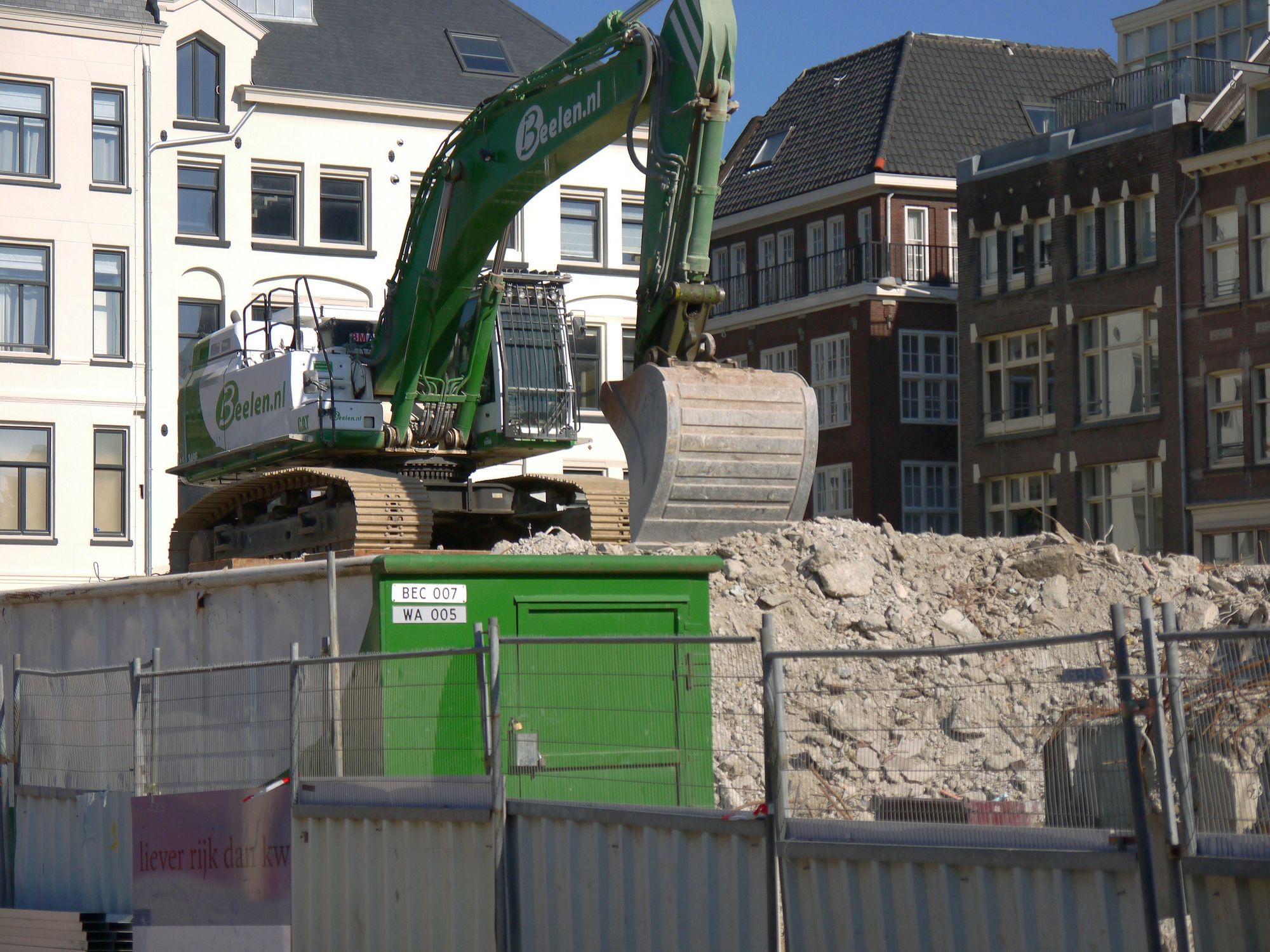Overseas

This week's blog attempts to answer one simple question: why isn't the level of foreign investment in the UK housing market declining, and how is it bucking the global trend? We are currently seeing foreign buyers and investors pull back from the US, Canadian, and Central European markets, with the UK being a notable exception on the global real estate roster. High home prices, high rates, and low inventory are global macroeconomic issues with an all-consuming effect on investor behaviour. Yet, the data for the UK, according to CBRE last month, shows that "since the beginning of 2022, foreign investors have purchased £50bn, but sold only £29bn of UK real estate, meaning a positive net investment of £21bn". We will also have a look at defining what constitutes positive international investment, the difference between cash parked in assets, and capital actually being used to create assets and infrastructure.
Looking first at the US, a strong US dollar has created a situation where US housing stock is overpriced for foreign investors, both in terms of assets and land for development; this has been widely reported across the US media, including the New York Post who ran an article stating that foreign transactional data showed a 36% decline from the previous calendar year. In Canada, to cite a different example, the government policy has sought to prevent foreign investment altogether, with a ban on foreign ownership of land and property from January 2023 set to last for two years, a historic campaign policy of Canadian Prime Minister Justin Trudeau was 'homes are for people, not investors’ and the concept was quite simple, rather than focussing on building, you could relieve the housing crisis by simply freeing up more existing stock parked under the banner of second homes or holiday rentals. This kind of policy undoubtedly would have been at least considered in the UK, and there have been some less aggressive equivalences with things like the pushback on Airbnb; however, according to the media reports, these measures in cities such as Toronto, not only failed to have any impact on house prices, they also reduced the amount of money being brought into the system and reduced the number of homes being built.
Moving to Europe, Germany's housing market has massively underperformed our own, even though it has been faced with a similar set of economic problems in this post-pandemic era. High interest rates and high construction costs have limited supply, but the value of residential housing stock in Germany saw the sharpest drop in 60 years in 2023. Deutsche Bank is signalling that this is an investment opportunity and, in a recent report, focuses on the likelihood of the ECB cutting rates, which could open up more opportunities in the German rental market, but what the report doesn't mention is unlike the UK, foreign investment has declined there significantly, there is no obvious investment hub such as London’s standalone market, and without that cash flowing in, your reliant on a what has been a weakened consumer market for the buy-side.
This is perhaps where we have to look at the difference between positive and negative forms of foreign investment and reveal at this point that our earlier statement was somewhat of a falsehood; the reality is that you can't effectively disconnect one from the other if you are setting your economy up to be attractive to international capital. Say, for purposes of this argument, we are limited to real estate; in an ideal world, you would want fewer people bidding up the prices of existing assets, i.e. second home buyers, portfolio investors, luxury property acquisition and more people investing in impact funds, development funds, associated private credit markets and asset creation. That way, prices stay high but also stay in check as the supply is net positive, so they don't become too high, and the market seizes to maintain its domestic purpose. Unfortunately, this is where socioeconomics comes into play; the wealthy will acquire assets wherever they build their businesses and investments, so if you follow that inward-looking path, such as tested in Canada and remove their ability to acquire, you run the risk of also removing their investments altogether.
Returning to the CBRE report, the encouraging news is that, unlike other international markets, foreign investors are not shifting away from UK real estate. In fact, the growth trend is projected to persist into 2024. As the rate conditions become more favourable, the CBRE 2024 European Investor Intentions survey, a forecast of potential investment destinations, identified London as the most appealing city for real estate investment due to its high potential upside performance. This influx of capital is expected to rise, benefiting all areas of UK housing development, including the credit and alternative lending markets, thereby enhancing available liquidity for construction whilst massively enhancing the prospects of our clients, the nation's homebuilders.
Invest & Fund has returned over £200 million of capital and interest to lenders with zero losses, showing the rigour that governs our business.
To take maximum advantage of this robust and exciting asset class, please visit www.investandfund.com
Don't invest unless you're prepared to lose money. This is a high-risk investment. You may not be able to access your money easily and are unlikely to be protected if something goes wrong. Take 2 minutes to learn more.